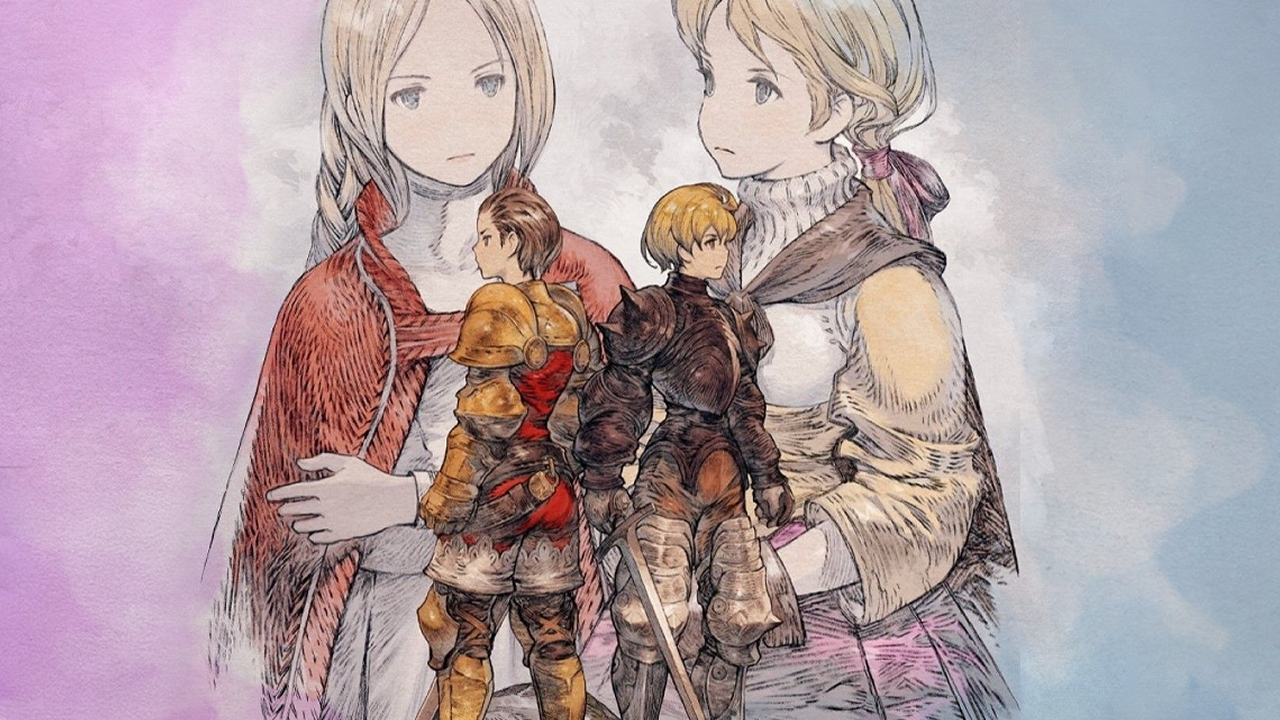Final Fantasy Tactics gets a remaster and it’s more than just a facelift. It’s a story that, almost 30 years later, feels timelier than ever.
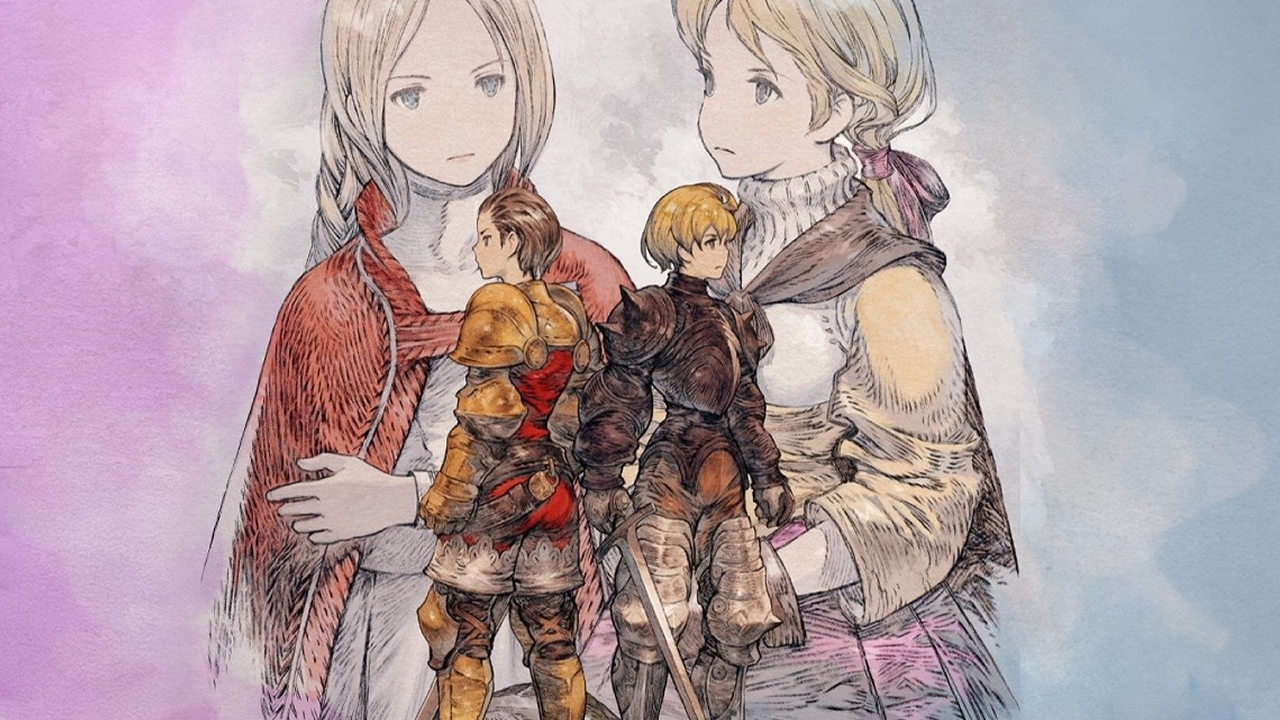
This September, Final Fantasy Tactics returns – not just as a classic reborn, but as a reminder of the political and social disillusionment that shaped it, and that still resonates powerfully today.
Square Enix has officially announced Final Fantasy Tactics: The Ivalice Chronicles, a long-awaited remaster that brings the tactical RPG masterpiece to PS4, PS5, and Steam on September 30.
Two versions will be available: a "classic" version that remains largely untouched aside from modern conveniences like auto-save, and an "enhanced" edition featuring voiced dialogue, UI updates, and other tweaks designed to modernize the experience.
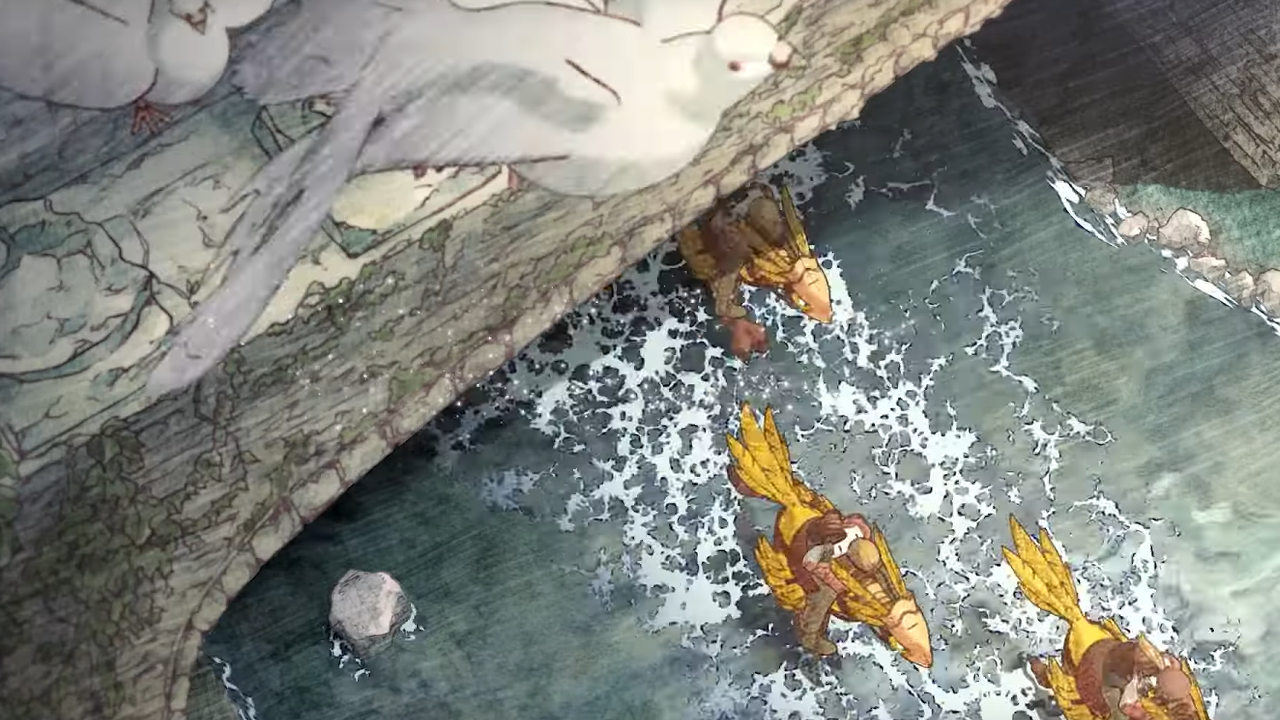
Born From A Broken Era
Final Fantasy Tactics was first released in 1997, during a time of national economic trauma in Japan.
The collapse of the country's asset bubble had left the economy in freefall, ushering in what’s now called the Lost Decade.
Entire generations saw their dreams deferred or abandoned. Wages stagnated, companies folded, job security vanished, and a "lost generation" of youth found themselves stuck in a world that no longer seemed to want them. Mental health crises surged.
It was against these difficult realities that Final Fantasy Tactics was written.
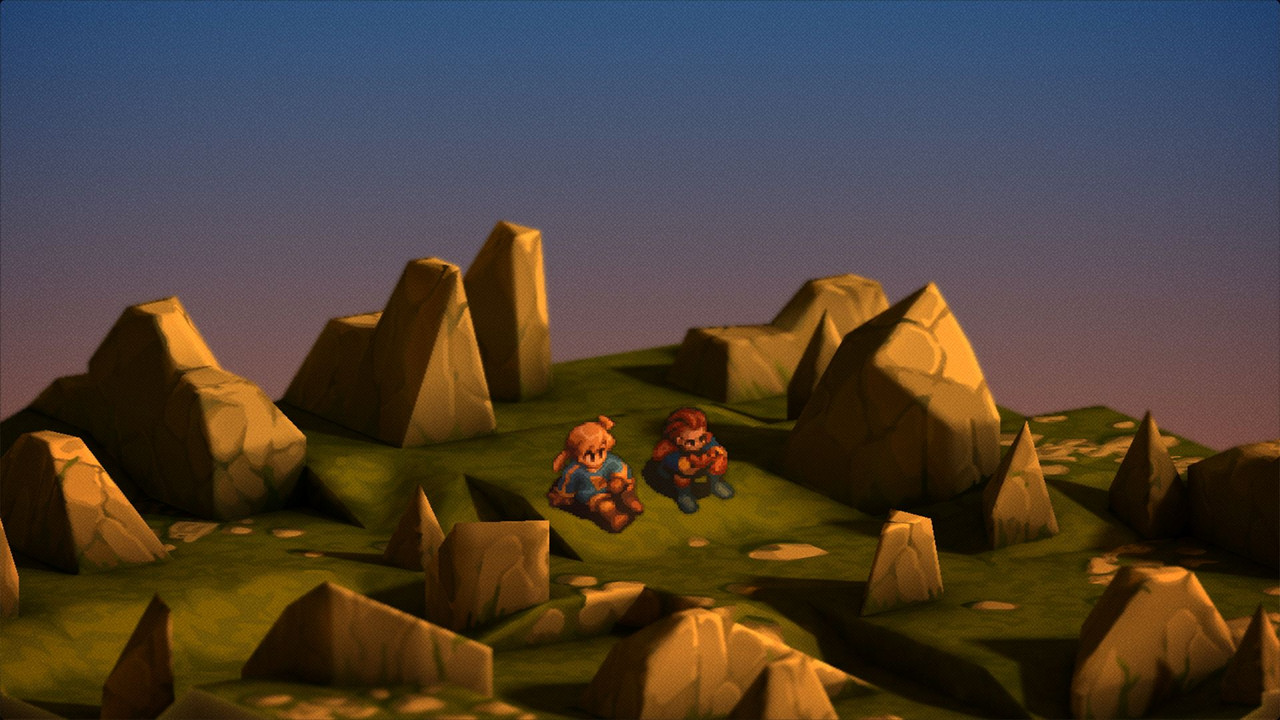
Lead writer and director Yasumi Matsuno, who studied foreign policy and once worked as an economics reporter, infused the game with a rare political realism for the genre. Reflecting on the game in a recent statement about the remaster, Matsuno said:
“Nearly 30 years ago, the collapse of Japan's bubble economy engulfed the nation's financial institutions in mountains of bad debt, triggering a wave of corporate bankruptcies, a sudden and extreme rise in unemployment rates, and stagnation of Japanese society as a whole. It was an era when many were robbed of hope, when dreams were measured by their price tag.
Against this historical backdrop, I crafted a story. It was the story of Ramza, a young man who fought tirelessly against the entrenched social class system. It was the story of Delita, who sought to take advantage of this confusion and despair to advance his own social position. It was a story of a peculiar destiny, in which friendship and betrayal intertwine. And now, in 2025 – a time when inequality and division are still deeply rooted in our society – I offer this story once again.
The will to resist is in your hands.”
A Square Enix dev saying “we hope you enjoy the game” is par for the course. Matsuno giving a press statement that sounds like a revolutionary call to arms? That’s very Matsuno.
A Story About Power
The game follows Ramza Beoulve, a young noble who becomes entangled in the Lion War, a civil conflict between rival claimants to the throne of Ivalice.
On its surface, it resembles other high fantasy tales, maybe even something out of Game of Thrones.
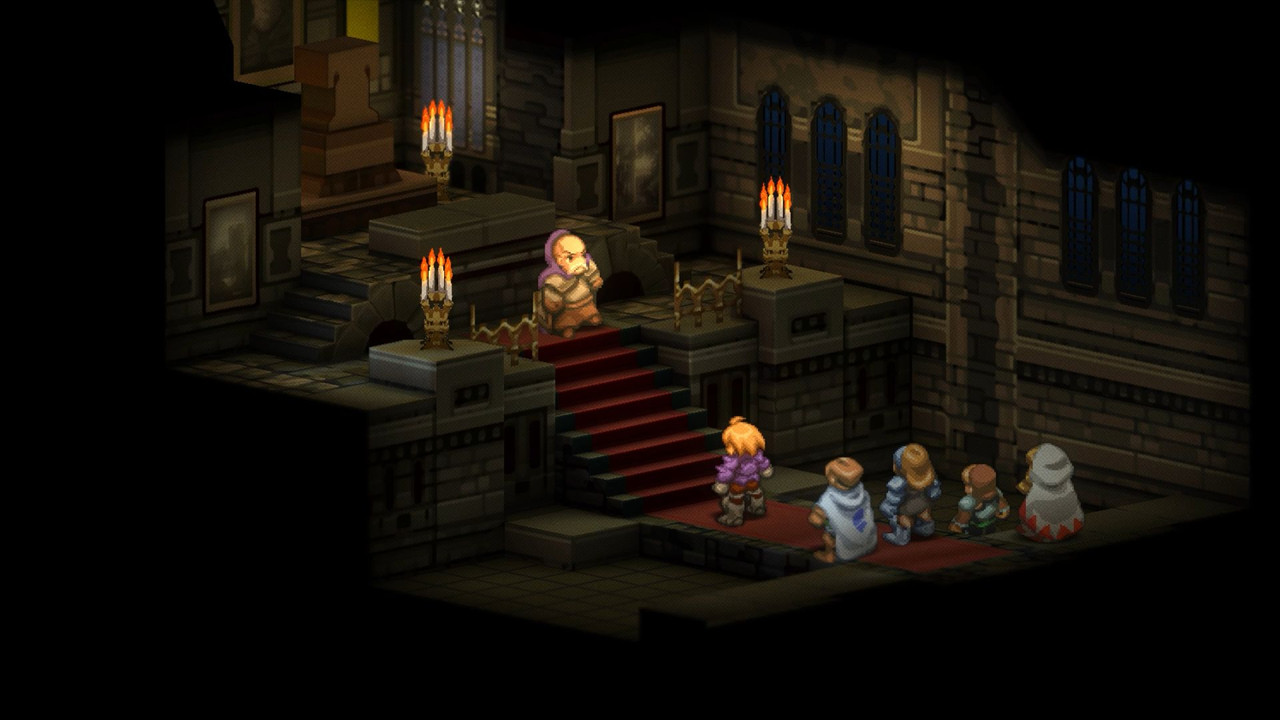
But while other stories revel in the schemes of monarchs and betrayals at court, Tactics is more interested in the fallout: the suffering of commoners, the manipulation of religion, and the rigid cruelty of class.
Rather than glamorize bloodlines or royal destiny, Tactics shows how wars are often won not by valor, but by exploitation.
Ramza tries to fight for what’s right in a world that seems structurally engineered to beat idealism out of you. His foil, Delita, is someone who adapts, manipulating the system to climb the ranks and seize control.
It’s no wonder players today still call it one of the best political stories in gaming. “I don’t even like politics,” one fan wrote online, “but I loved this.”
Why It Matters Now
The political situation Tactics was written in is not so different from our own.
In 2025, young people across the world are again struggling to find hope. A new generation faces the same uncertain job markets, social divides, and looming existential threats. And once again, the idea that change is possible can feel impossibly far away.
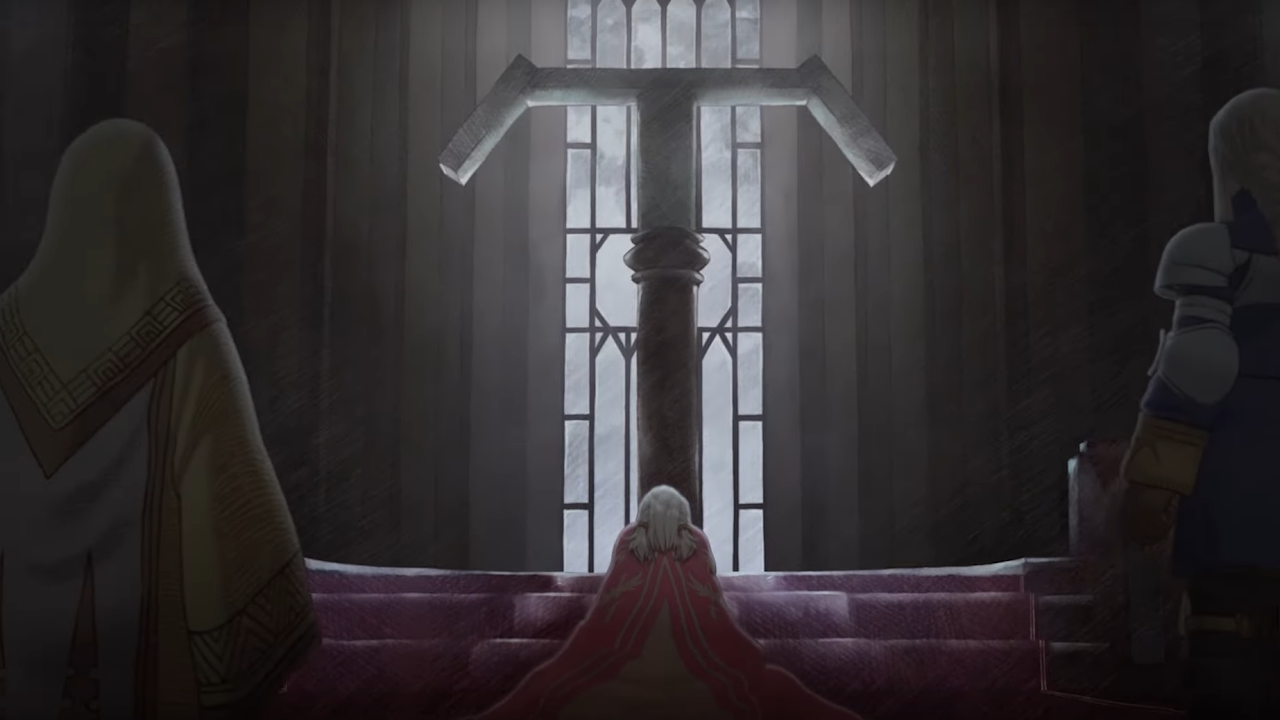
In this climate, video games do more than entertain.
Some provide escapism – necessary and welcome in hard times.
In others, political themes have quietly taken center stage. Games like Disco Elysium confront capitalism, identity, and revolution. Even titles like Cyberpunk 2077 and The Last of Us Part II comment on moral compromise and societal decay.
Games like Final Fantasy Tactics challenge players to engage with difficult ideas. They ask: What kind of world do you live in? What kind of world do you want to build?
Luckily, the games aren't strictly tied to depressing outcomes. In Final Fantasy Tactics, change is possible! It gives voice to those caught in the gears of history and shows the cost – and value – of trying to make a difference.
That, more than any new feature or visual enhancement, may be why this game still matters nearly 30 years later.


































